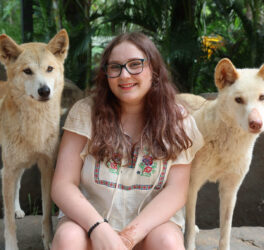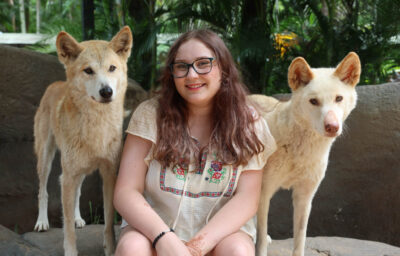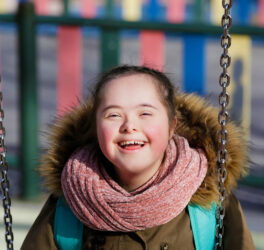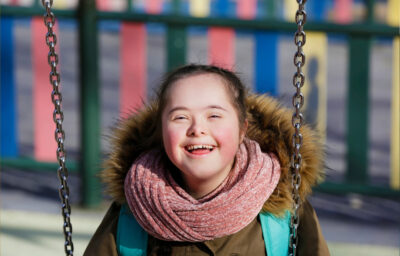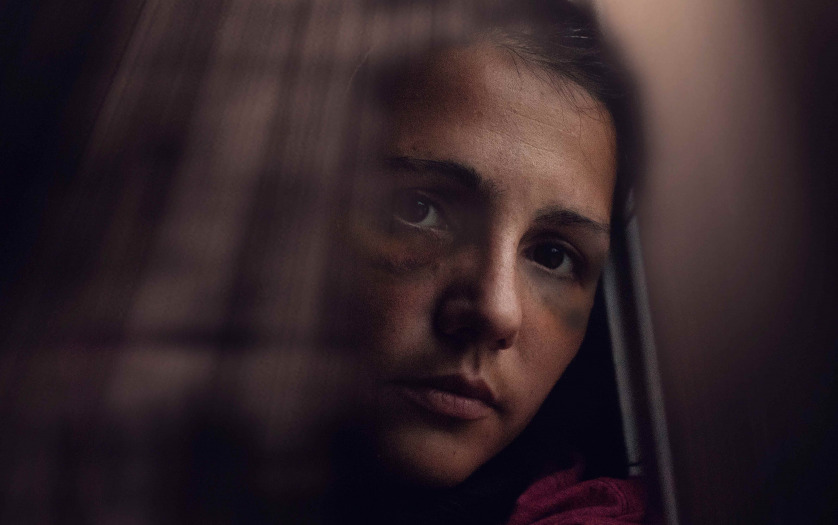
More cohesive support services for women and children with disabilities who are at risk of domestic and family violence is needed to ensure families don’t slip through the gaps, according to a new research report by Flinders University and UNSW Sydney.
The report, published by Australia’s National Research Organisation for Women’s Safety (ANROWS), shows that women with disabilities experience higher rates of partner violence than the wider population of women.
However, services often lack the resourcing and training they need to successfully address the specific needs of women and children with disabilities when they experience domestic and family violence.
The ANROWS report, entitled ‘Violence prevention and early intervention for mothers and children with disability: Building promising practice‘, was led by Flinders Caring Futures Institute research leader Professor Sally Robinson, with Associate Professor Kylie Valentine and Dr BJ Newton from the Social Policy Research Centre at UNSW Sydney.
Professor of Disability and Community Inclusion Professor Robinson says services that support people with disability may have limited capacity to respond to risks of domestic and family violence, while services that support domestic and family violence may have limited capacity to addressing women and children’s disability support needs.
“Services need to address the specific needs that arise from the intersection between domestic and family violence and disability,” she says.
Interviews with women, children, and workers in the sector showed that many skilled practitioners felt uncertain talking with clients about disability, and expressed a lack of confidence, knowledge, and awareness in working with women and children with disability in the context of domestic and family violence.
The report recommends the creation of a framework that outlines training and workforce capacity-building to support service workers and organisations in developing more effective practice.
ANROWS chief executive Dr Heather Nancarrow says a lack of confidence to speak about disability can have serious ramifications for the support offered to women with a disability who seek help due to domestic and family violence (DFV).
“To address specific needs, holistic support is necessary – not support that only targets one issue,” Dr Nancarrow says.
“This means support that addresses a family’s immediate needs and also puts in place scaffolding to work through deeper and chronic issues over time.”
The research report reflects on the direct experiences of women and children with disability who are at risk of domestic and family violence.



